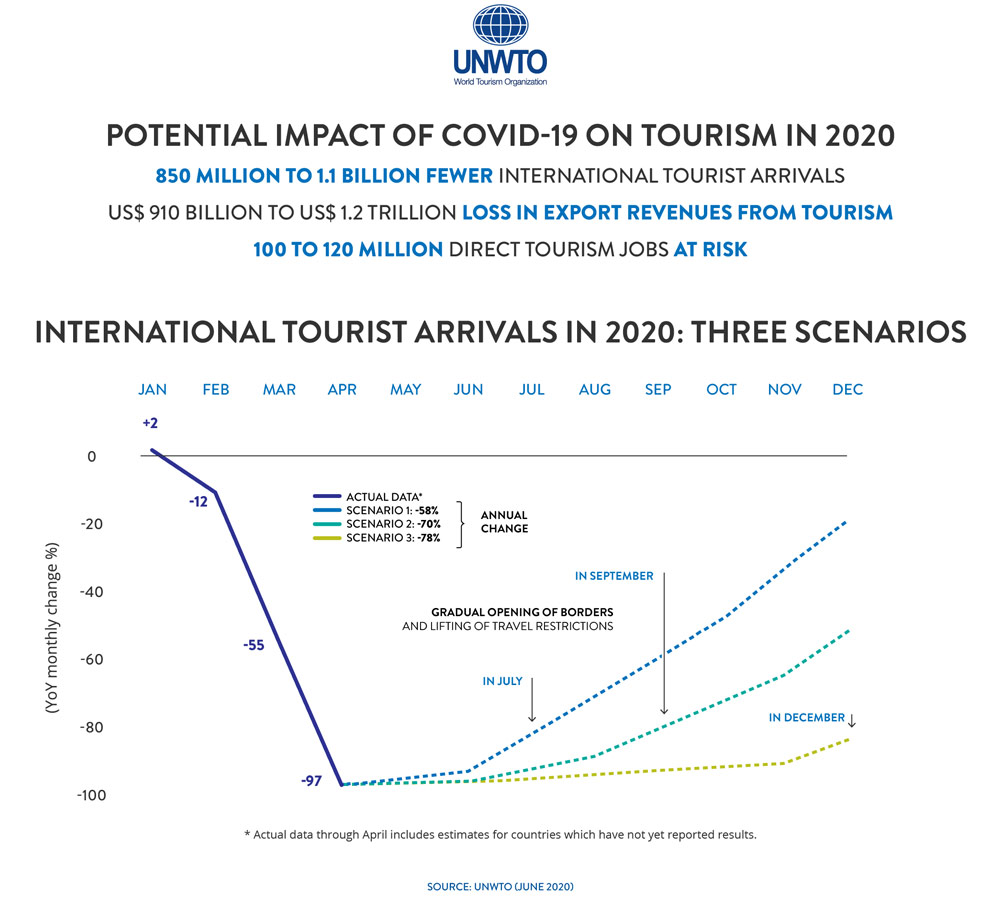UNWTO Welcomes New App Designed to Facilitate Safe and Secure Border Crossings
The World Tourism Organization (UNWTO) has partnered with Wanderlust World for the launch of a new App designed to facilitate safe and seamless travel in the wake of COVID-19.
As many countries around the world begin to ease travel restrictions introduced in response to the pandemic, the United Nations specialized agency has welcomed the responsible restarting of the sector. At the same time, UNWTO has stressed the importance of maintaining trust in tourism in these uncertain times.
The restart of tourism must be managed cautiously and responsibly, with public health the primary concern, and making full use of innovation
The new WORLD TOURIST IDENTIFICATION App is one of many solutions developed to meet the new demands of both tourists and destinations, and one of a number of initiatives UNWTO is working alongside to drive tourism’s recovery. The App allows tourists to carry digital copies of key documents in one place. This will make identification of tourist arrivals easier, quicker and safer. The app is also designed to reduce the risk of fraud and identity theft.
UNWTO Secretary-General Zurab Pololikashvili said: “The restart of tourism brings opportunity for millions, especially those whose livelihoods are dependent on the sector. This restart must be managed cautiously and responsibly, with public health the primary concern, and making full use of innovation. The WORLD TOURIST IDENTIFICATION app promises to facilitate travel across international borders, promoting trust and building confidence in tourism, essential foundations for the sector’s recovery.”
Since the start of the current crisis, UNWTO has been promoting the power of innovation to help mitigate the impact of COVID-19 on tourism and to prepare the sector to recover better and stronger, such as the UNWTO Healing Solutions for Tourism Challenge which attracted more than 1,000 applications from innovators and entrepreneurs in more than 100 countries.
Related links
- Download the news release
- Tourism and COVID-19
- The Future Is Now! UNWTO Recognizes World’s Best Innovators Facing Up To COVID-19
- Healing Solutions for Tourism Challenge
- Innovation, Investments and Digital Transformation











